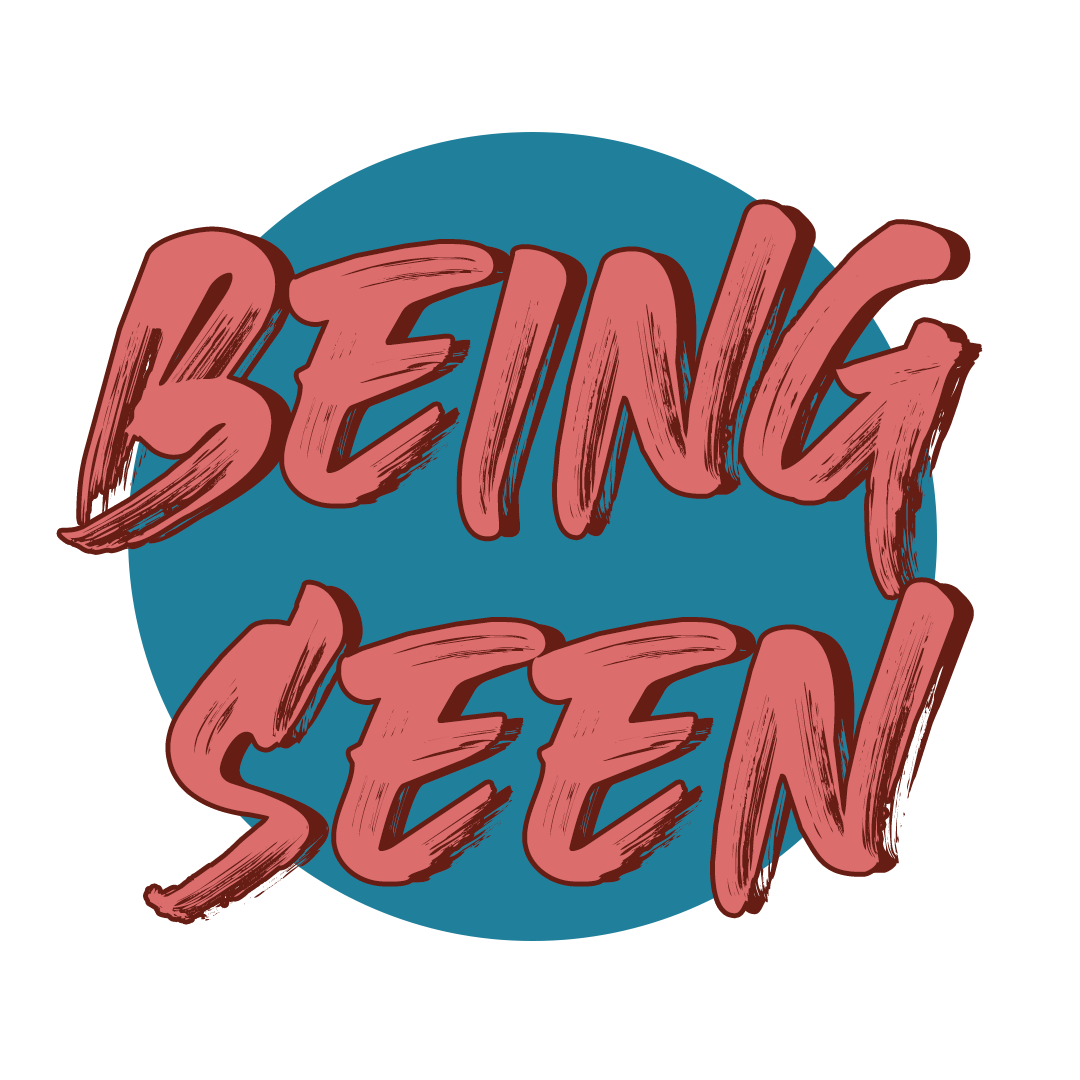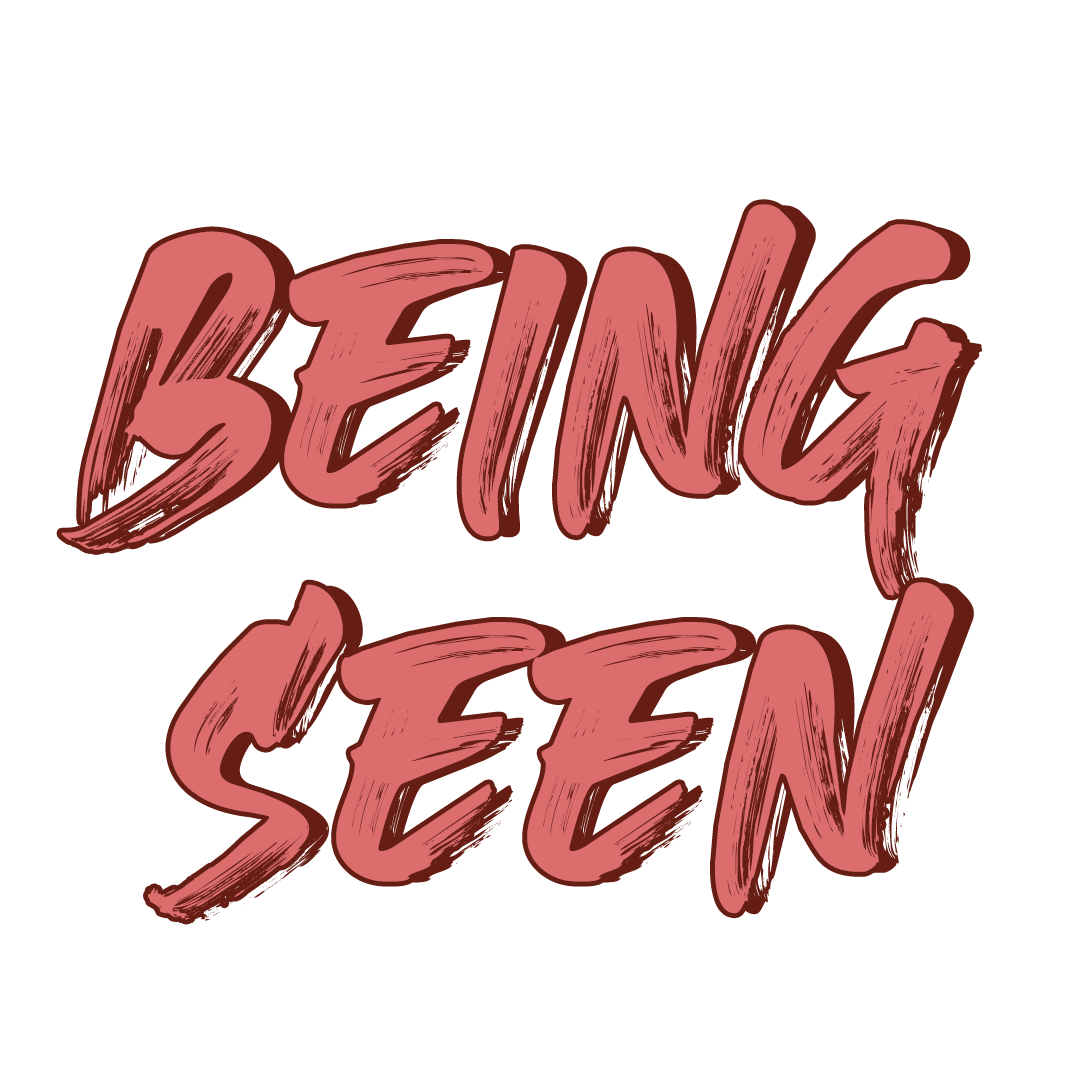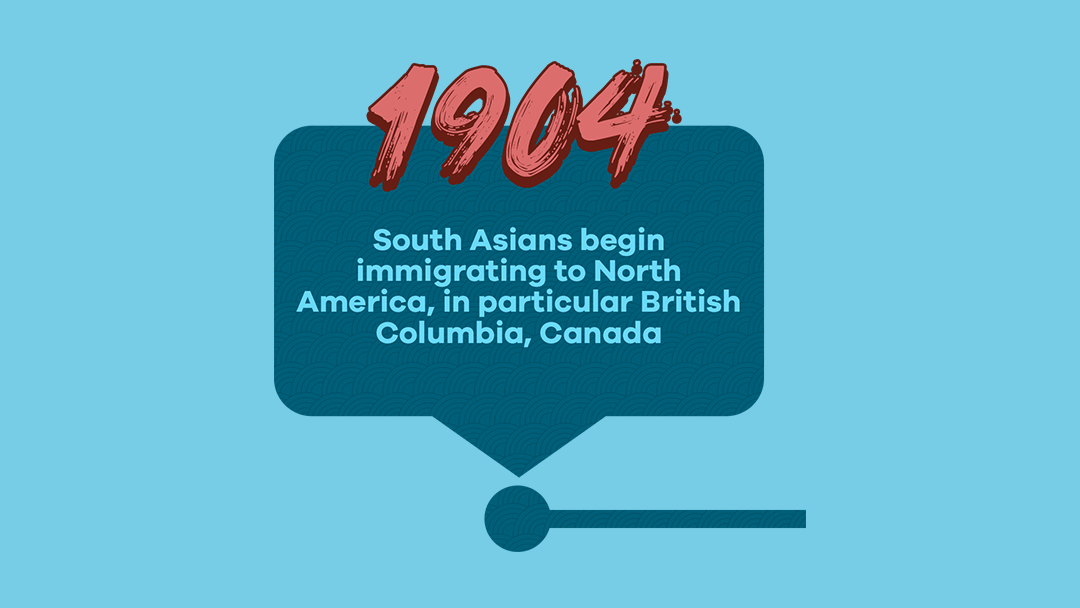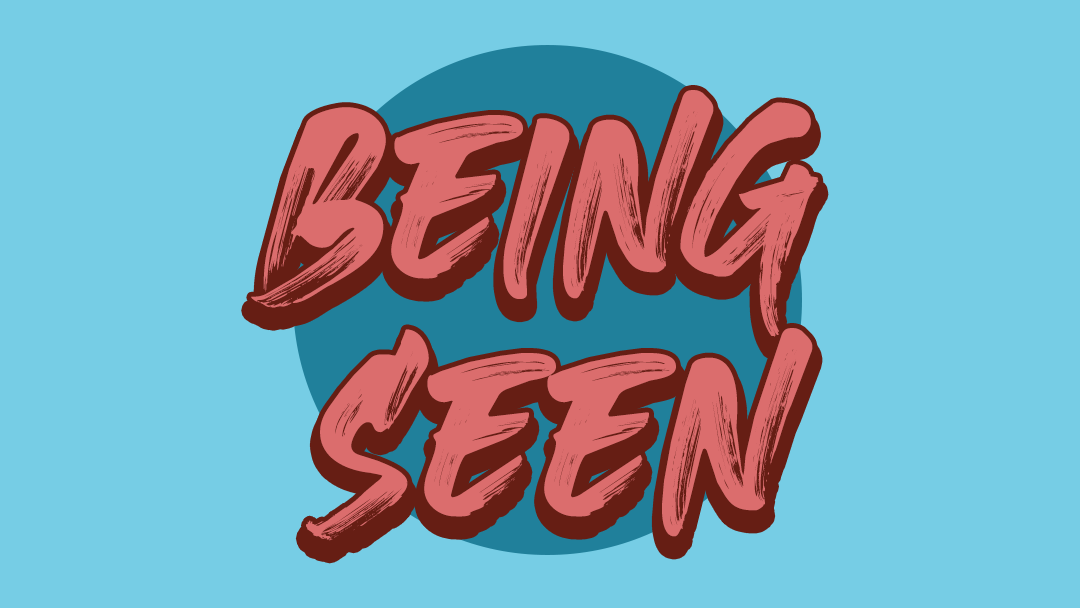Laxmibai, Rani of Jhansi
Laxmibai, Rani of Jhansi – which translates to “Queen of Jhansi” – was the woman who spearheaded the Indian rebellion of 1857. Known as one of the nation’s fiercest freedom fighters, Laxmibai grew up in Varanasi and her upbringing was unusual for the 1800s. She was raised equal to any son, she was proficient in archery, fencing, and horse-riding, as well as being literate: a feat that was unheard of in her time. Laxmibai was a feminist icon. Her refusal to abide by the hierarchy of the caste system and her rejection of the “purdah” – a system where women are required to conceal their faces from public view by a veil – was emblematic of her staunch dismissal of a sexist system of oppression. Decades after her death in battle, Laxmibai became the symbol of resistance for freedom fighters in India’s 1947 battle for independence.
Dr. Anandibai Joshee
1865 - 1887
Joshee’s accomplishment is remarkable not only because she was one of the first South Asian women to graduate from a university, but because she was among the very few women who were able to earn a medical degree in the United States at all.
Sarojini Naidu
1879 - 1949
Naidu was a fierce proponent of the Indian Independence movement. She was an Indian poet who advocated for women’s civil rights and anti-imperialism. Taking a keen interest in the movement for independence from India, she became the first female president of the Indian National Congress and went on to become the first female Governor of a state (Uttar Pradesh).
Amrita Sher-Gil
1913 - 1941
Sher-Gil’s exploration of complex Indian identity also delved into bisexuality, establishing her as a queer, feminist icon in Indian history
Sirimavo Bandaranaike
1916 - 2000
Bandaranaike was a stateswoman who, upon her party’s victory in the 1960 general election in Ceylon (later Sri Lanka), became the world’s first woman prime minister. She left office in 1965 but returned to serve two more terms (1970–77, 1994–2000) as prime minister. The family she founded with her husband, S.W.R.D. Bandaranaike, rose to great prominence in Sri Lankan politics.
Kamla Bhasin
1946 - 2021
Bhasin was a First-Wave South Asian Feminist. She was an activist, poet, and writer who was an early leader of the women’s movement in India. Bhasin used poetry, songs, slogans, speeches, and books to raise awareness of gender issues and to campaign against patriarchy and violence. In a career of nearly 50 years, she co-founded several women's groups to address issues like women’s health and education and violence against women, both in rural and urban areas.
Benazir Bhutto
1953 - 2007
Bhutto was the first female Prime Minister of Pakistan. She was the first Muslim woman to hold a country’s highest office and was the youngest Prime Minister in the world in 1988. Born into a Pakistani political dynasty, Benazir Bhutto carved out space for Muslim women in politics that was unprecedented in the late 20th century. However, she was assassinated in 2007.
Nisha Biswal
1968 - Present
Biswal is a public policy expert. She has a long career in public service, on Capitol Hill, at USAID, and most recently as the Assistant Secretary for South and Central Asian Affairs in the U.S. Department of State. Throughout her career, she has navigated the complex world of public policy and her identity as a South Asian American and public servant, even when mistaken as a representative of the Indian government during a Congressional hearing. As President of the U.S.-India Business Council, she continues to help the community get more engaged in public policy.
Kavita Krishnan
1973 - Present
Krishnan is an avid women’s right activist. She was a key figure in the “Freedom without Fear” movement following the 2012 gang-rape of Nirbhaya in Delhi. She is Secretary of the All India Progressive Women’s Alliance and smashes the patriarchy on a daily basis.
Leah Lakshmi Piepzna-Samarasinha
1975 - Present
Queer disabled Toronto and Oakland-based writer and activist Leah Lakshmi Piepzna-Samarasinha works to explore the experiences of diasporic South Asians, abuse survivors, QTPOC, and mixed-race people in her writing and art. She is of Burgher/Tamil Sri Lankan and Irish/Roma descent. An incest and abuse survivor, Leah frequently touches on the intersections of colonialism, abuse, and violence with heart and honesty.
Tanuja Desai Hidier
Hidier is a critically-acclaimed author who has written about the immigrant experience and coming of age as a South Asian woman. Her most famous novel is “Born Confused,” created a role model for young women when there wasn’t one already.
Mindy Kaling
1979 - Present
Kaling has been championing the South Asian experience in Hollywood for what feels like forever and her new show, Never Have I Ever, tackles stereotypes, colorism, and diversity in a classic coming-of-age story. She’s loud, she’s proud and she champions other women.
Madhu Bai Kinnar
1980 - Present
Kinnar was India’s first transgender mayor. She dropped out of school in her mid-teens and left her family to join the local transgender community. The hijra (transgender) community is largely discriminated against throughout India. A crucial part of her agenda has been sanitation.
Subina Shrestha
Shrestha is an Emmy-nominated journalist and filmmaker from Nepal. From undercover reporting in Myanmar during cyclone Nargis to investigating child slavery, and to covering Nepal’s earthquake and its aftermath, Subina has steered major news coverage, often as the only international journalist on the scene. She was a 2017 Nieman fellow at Harvard and 2019 Global Media Makers fellow at Film Independent.
Dr. Ramla Qureshi
Dr. Qureshi was deeply moved by the appalling gender disparity in STEM fields so she initiated Women Engineers Pakistan (WEP): a grass-roots organization catalyzing participation and enabling retention of women in STEM fields. It has transformed into a nationwide movement. When not advocating for gender equality, she is a structural and earthquake engineer, and a Ph.D. researcher for structural safety and resilience.
Jameela Jamil
1986 - Present
Jamil is an actress, presenter, and activist. She is using her privilege to highlight injustices around fat-shaming, trans rights, and abortion.
Rupi Kaur
1992 - Present
Kaur was named “The New Republic’s Writer of the Decade.” She is smashing the stereotype of the quiet, timid South Asian woman. Her poetry pioneered the genre of Instapoetry and her photo series on the taboo of menstruation gained global attention. Her poems talk about immigration, relationships, and sexual trauma
Rohini Kosoglu
Kosoglu, a Sri Lankan American, is VP Kamla Harris' domestic policy advisor. Kosoglu played a crucial part in VP Harris' national political career, serving as a senior adviser since 2017. As a senior adviser in the election campaign, Kosoglu managed and oversaw debate preparation, policy, communications, and operations for a team with over three hundred staff with a $40 million budget. She is a resident fellow at the Institute of Politics.
VP Kamla Harris
1964 - Present
Harris is the first Black and South Asian woman to be elected Vice President. She was born to parents who emigrated from India and Jamaica Her previous positions include DA of San Francisco, AG of California, and US Senator. In her first speech as a senator, she spoke out on behalf of immigrants and refugees
Sources:
“8 South Asian Women to Celebrate This International Women's Day.” Sakhi for South Asian Women, www.sakhi.org/8-south-asian-women-to-celebrate-this-international-womens-day/.
Bhagat, Shalini Venugopal. “Kamla Bhasin, a First-Wave South Asian Feminist, Dies at 75.” The New York Times, The New York Times, 4 Oct. 2021, www.nytimes.com/2021/10/04/world/asia/kamla-bhasin-dead.html.
Bhatt, Amy. “Celebrating South Asian American Women's Stories.” South Asian American Digital Archive (SAADA), South Asian American Digital Archive (SAADA), 26 Feb. 2018, www.saada.org/tides/article/celebrating-south-asian-american-womens-stories.
“Kamala Harris: The Vice President.” The White House, The United States Government, 12 Apr. 2021, www.whitehouse.gov/administration/vice-president-harris/.
Pandey, Ria. “International Women's Day: A Look Back at Four South-Asian Women Who Rewrote History.” Happy Mag, 10 Mar. 2021, happymag.tv/south-asian-women-who-rewrote-history/.
Progress, Desis for. “South Asian Women Who Inspire Us during Women's History Month.” Medium, Medium, 29 Mar. 2018, desisforprogress.medium.com/south-asian-women-who-inspire-us-during-womens-history-month-78869e708bd9.
“Ramla Qureshi.” World Bank Blogs, blogs.worldbank.org/team/ramla-qureshi.
“Sirimavo Bandaranaike.” Encyclopædia Britannica, Encyclopædia Britannica, Inc., www.britannica.com/biography/Sirimavo-Bandaranaike.
“Subina Shrestha.” World Bank Blogs, blogs.worldbank.org/team/subina-shrestha.
Talwaria, Anamika. “10 South Asian Women Worth Mentioning This International Women's Day.” Brown Girl Magazine, 10 Mar. 2020, browngirlmagazine.com/2020/03/10-south-asian-women-worth-mentioning-this-international-womens-day/.
Writer, Staff. “US Transition: A Play-by-Play of the Rocky Trump-Biden Power Transfer.” Nikkei Asia, Nikkei Asia, 20 Jan. 2021, asia.nikkei.com/Politics/US-elections-2020/US-transition-A-play-by-play-of-the-rocky-Trump-Biden-power-transfer.




